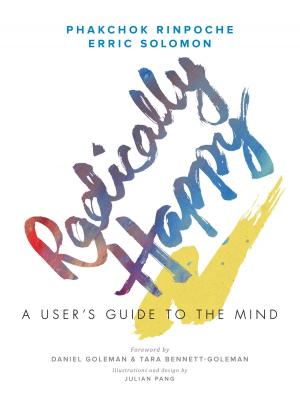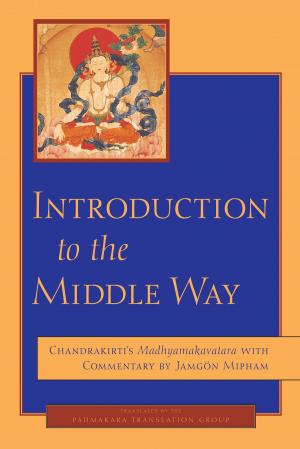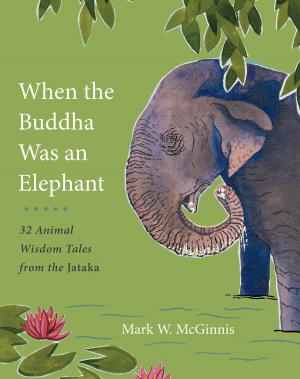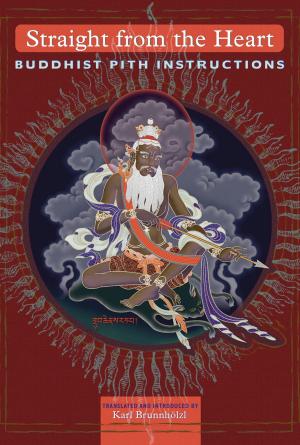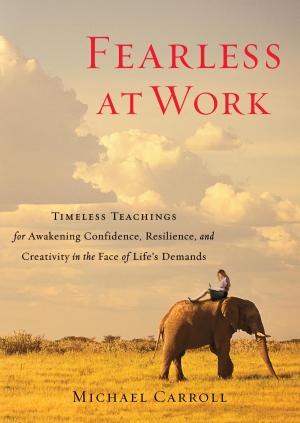Mango Elephants in the Sun
How Life in an African Village Let Me Be in My Skin
Nonfiction, Travel, Africa, Adventure & Literary Travel, Biography & Memoir| Author: | Susana Herrera | ISBN: | 9780834800038 |
| Publisher: | Shambhala | Publication: | August 8, 2000 |
| Imprint: | Shambhala | Language: | English |
| Author: | Susana Herrera |
| ISBN: | 9780834800038 |
| Publisher: | Shambhala |
| Publication: | August 8, 2000 |
| Imprint: | Shambhala |
| Language: | English |
When the Peace Corps sends Susana Herrera to teach English in northern Cameroon, she yearns to embrace her adopted village and its people, to drink deep from the spirit of Mother Africa—and to forget a bitter childhood and painful past. To the villagers, however, she’s a rich American tourist, a nasara (white person) who has never known pain or want. They stare at her in silence. The children giggle and run away. At first her only confidant is a miraculously communicative lizard.
Susana fights back with every ounce of heart and humor she possesses, and slowly begins to make a difference. She ventures out to the village well and learns to carry water on her head. In a classroom crowded to suffocation she finds a way to discipline her students without resorting to the beatings they are used to. She makes ice cream in the scorching heat, and learns how to plant millet and kill chickens. She laughs with the villagers, cries with them, works and prays with them, heals and is helped by them.
Village life is hard but magical. Poverty is rampant—yet people sing and share what little they have. The termites that chew up her bed like morning cereal are fried and eaten in their turn ("bite-sized and crunchy like Doritos"). Nobody knows what tomorrow may bring, but even the morning greetings impart a purer sense of being in the moment. Gradually, Susana and the village become part of each other. They will never be the same again.
When the Peace Corps sends Susana Herrera to teach English in northern Cameroon, she yearns to embrace her adopted village and its people, to drink deep from the spirit of Mother Africa—and to forget a bitter childhood and painful past. To the villagers, however, she’s a rich American tourist, a nasara (white person) who has never known pain or want. They stare at her in silence. The children giggle and run away. At first her only confidant is a miraculously communicative lizard.
Susana fights back with every ounce of heart and humor she possesses, and slowly begins to make a difference. She ventures out to the village well and learns to carry water on her head. In a classroom crowded to suffocation she finds a way to discipline her students without resorting to the beatings they are used to. She makes ice cream in the scorching heat, and learns how to plant millet and kill chickens. She laughs with the villagers, cries with them, works and prays with them, heals and is helped by them.
Village life is hard but magical. Poverty is rampant—yet people sing and share what little they have. The termites that chew up her bed like morning cereal are fried and eaten in their turn ("bite-sized and crunchy like Doritos"). Nobody knows what tomorrow may bring, but even the morning greetings impart a purer sense of being in the moment. Gradually, Susana and the village become part of each other. They will never be the same again.

